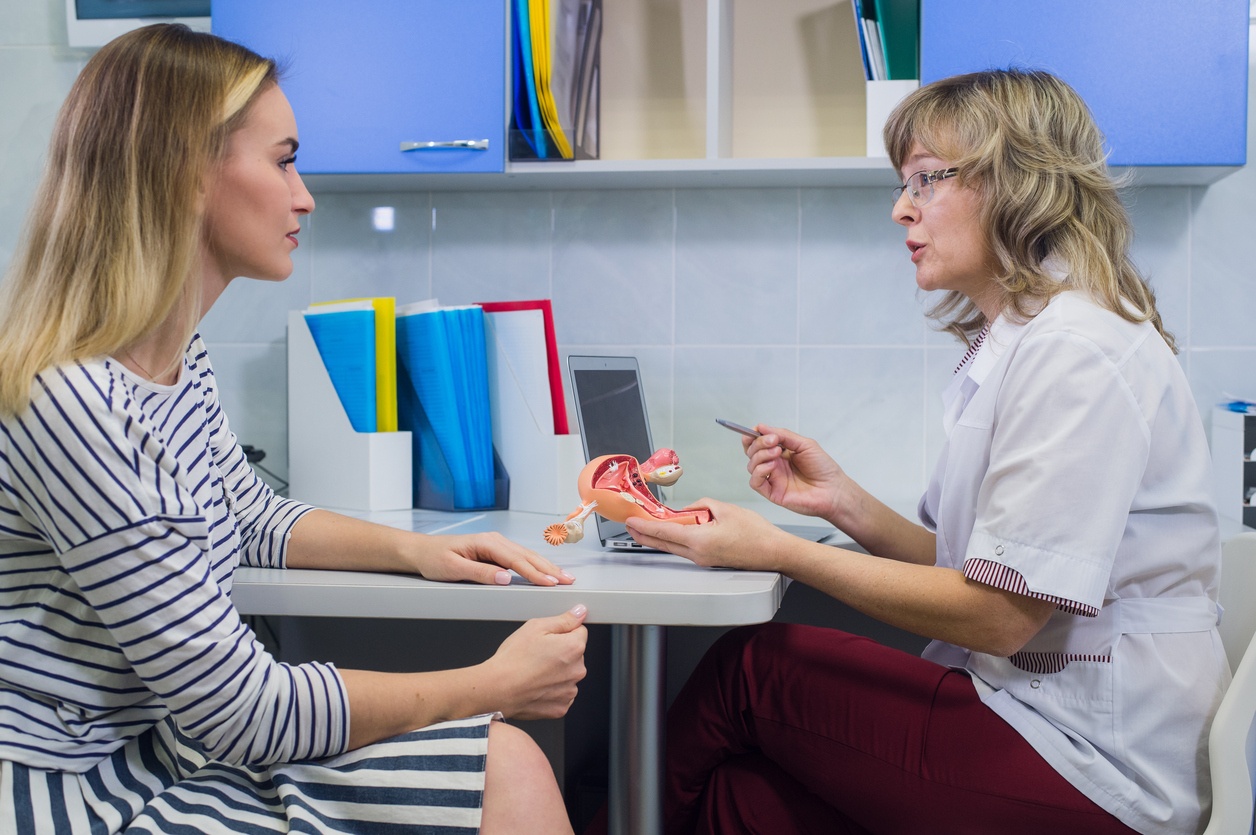
Each year, more than 12,000 women in the United States are diagnosed with cervical cancer. Teaching students, educators, healthcare providers, and women how to prevent and treat it, and promote cervical health, is more vital than ever.
Two Ways to Prevent Cervical Cancer
The HPV Vaccine
The HPV vaccination prevents infection from certain strains of human papillomavirus, which causes warts. The HPV vaccination protects against two high-risk HPV types that can lead to cervical cancer and a low-risk HPV virus that leads to genital warts.
The CDC recommends girls and boy receive the vaccination, which is a series or two shots, at ages 11 or 12. If parents wait to vaccinate their children, they will need three shots instead of two.
Rates of HVP infection since 2010 have plummeted. “Researchers comparing HPV infections rates among females ages 14-19 in the years before (2003-2006) and after (2007-2010) the first HPV vaccine became available found a 56% drop in infection rates for the HPV types covered by the vaccine.” (Source)
To learn about how to talk to parents about vaccination compliance, see our post here.
Pap and HPV Tests
Pap and HPV tests are performed to find if there are abnormal cell changes in the cells of the cervix. By screening and early detection, cervical cancer can be prevented, or successfully treated.
Women should be screened regularly using a Pap test starting at age 21, or the onset of sexual activity. This test will check for abnormal or precancerous changes in the cells on her cervix. If test results show cell changes, called cervical dysplasia, further monitoring, testing, or treatment will be done.
An HPV test can be done if a pap test is inconclusive. Women can start getting HPV test screenings at age 30, and they can be done in conjunction with a Pap test. HPV tests can find any of the high-risk types of HPV that are commonly found in cervical cancer.
Cervical cancer is one of the most preventable cancers. Teach students about vaccine administration and proper procedure for pap screening .
For more information about prevention and treatment of cervical cancer, visit theNational Cervical Center Coalition (NCCC) site.






